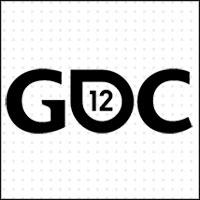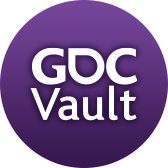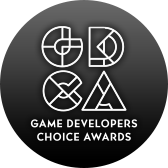
GDC Europe 2012 reveals major additions to main conference, Summit advisory boards
With GDC Europe quickly gaining steam, show organizers have added 14 leading European game developers to the event's main conference and Summit advisory boards, where they will help program the lectures, panels and roundtable sessions taking place at this August's conference in Cologne, Germany.
The newest members to join the main conference advisory board for GDC Europe 2012 include former Battlefield Heroes developer Ben Cousins (now general manager of ngmoco Sweden), Playdead CEO Dino Patti (Limbo, pictured), DICE creative director Lars Gustavsson, and Christopher Schmitz, head of production at Ubisoft Blue Byte (The Settlers and Battle Isle).
All of these new advisory board members come from notable and varied backgrounds in the European development community, and given their range of expertise, they will be able to ensure that GDC Europe 2012 offers even more insightful content targeted at developers all across the continent.
Other new additions to GDC Euope's main conference advisory board include Crytek veteran and Yager Interactive design director Bernd Diemer, EA Phenomic VP Dirk Ringe, Kuju Entertainment COO Adrian Hawkins (Battalion Wars), Guerrilla Games technical director Michiel van der Leeuw (Killzone series), online game consultant Teut Weidemann, Secret Exit co-founder Jetro Lauha (Zen Bound series), and Sven Liebech, head of art at Bigpoint GmbH.
These developers will join continuing board members such as Remedy Entertainment's Matias Myllyrinne (Alan Wake franchise), Avni Yerli of Crytek, and Harald Riegler of Sproing.
Helping to program the increasingly vibrant GDC Europe submarket Summits will be Thomas Grip, one of the key creatives at Amnesia studio Frictional Games, who will join the advisory board for the Independent Games Summit, alongside Knap Nok's Lau Korsgaard (who previously worked on Die Gute Fabrik's B.U.T.T.O.N.).
Elsewhere, Jami Laes, general manager and co-founder of social game giant Playfish, and Henric Suuronen, head of studio at Non-Stop Games (and formerly at wooga) will both join the board of the Social & Online Games Summit.
In addition, Ansu Lonnberg, chairman of the board at Secret Exit, and Semyon Voinov, co-founder of Cut the Rope creators ZeptoLab will join notables such as Fishlabs CEO and co-founder Michael Schade (Galaxy On Fire) on the advisory board of the Smartphone & Tablet Games Summit.

 In anticipation of next week's
In anticipation of next week's 

